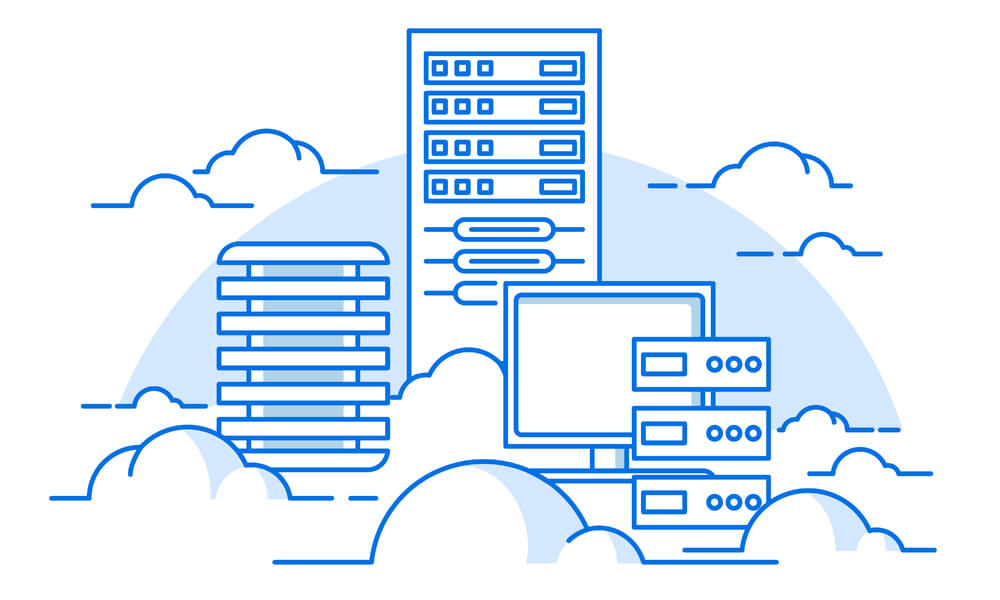Top Database Backup Business Solutions to Keep Your Businesses Running
According the National Archives and Records Administration, nearly the 93% of businesses that lost their data for 10 days or more due to a disaster went out of business within one year of the disaster. Even more disturbing, the Contingency Planning & Strategic Research Corp reported that nearly 96% of business workstations are not being backed up regularly. That equates to nearly $30,000 per hour lost if the database goes down.
While most of us like to think of ourselves as immune to such circumstances, the truth is we are not. Fires, floods, hurricanes, tornados, and earthquakes happen all around the country, not to mention sustained power outages and cyber security threats. With catastrophic loss in revenue a real possibility should any of these events occur, it’s extremely important to make sure you have the proper backup solutions in place for your databases.
The term “backup” has become synonymous with data protection and there are several different methods and types of backups depending on your business needs. Here are some database backup strategies and solutions to consider to help keep your data safe and your business running.
Choose the right database backup type
When trying to decide on a good backup solution for your business, think about what database backup type will work best for your business.
Full
A full backup is the most complete type of backup for your database. This solution makes a complete copy of all the data, files, and tables, and transfers them to a tape or disk. A full database backup is great for ensuring that all your business data is stored properly and safely. However, it’s important to note that performing a full backup of all data is a big job and you may experience some operational downtime.
Incremental
If downtime is an issue, then you might want to consider an incremental database backup solution. An incremental backup solution will use the modified timestamp on data files, compare it to the timestamps of the last update, and only copy and save data that has changed since your last backup. Because an incremental backup only copies new data, these types of backups complete faster and reduce overall downtime.
Differential
A differential backup is a hybrid of both the full and incremental backup. Much like the incremental backup, a differential backup system will copy all data that has changed from the first full backup. However, unlike the incremental, a differential solution will always compare changes from the original backup, rather than only the changes in subsequent backups.
Is it hot or is it cold?
Now that we’ve examined the different types of database backup that you can chose for your particular business needs, the next thing to consider is what state your database will be in during the backup. There are generally two options:
Cold Backup
A cold backup, also called offline backup, is a database backup during which the database is offline and not accessible. This Is the safest way to backup because it avoids the risk of copying data that may be in process of being updated. However, a cold backup involves down time because users cannot access the database during the backup.
Hot Backup
Unlike a cold backup, you can choose to run a hot backup to reduce downtime. In this scenario, the backup is performed while the database is online and accessible to users. However, if data is altered during the backup process there may be some inconsistency in its final state. Make sure to consult with your IT department when deciding.
What about warm?
Another option to consider is a warm backup where the server is powered on, but not performing any work. This is an advantage if you want data to still be accessible so that you’re avoiding costly interruptions in operations, but still want to be able to have timely backup your data.
Move to cloud-based backup
Arguably, the most effective backup solution for your data is the cloud. Cloud-based database backup services will maintain, manage, and store your data remotely without the hassle of having to resort to secondary storage. In most cases, your managed IT service will have on-site control of software and hardware, while at the same time leveraging off-site infrastructure.
Some major advantages to moving to a cloud-based database backup solution include:
Safety
One of the advantages to storing your data offsite and in the cloud is that if there is some kind of natural disaster like a fire, tornado, or flood, you’ll still be able to access, and if applicable, restore your data.
Accessibility
This is especially important if some or all of your employees work remotely. Information can be accessed and shared more easily from any device that is able to connect to the internet. Since there’s no singular physical location, remote access is a great benefit to cloud-based backup solutions.
Scalability
As your business grows, so does your need for database storage. The cool thing about backing up your data in the cloud is that your business can leverage the unlimited scalability of the cloud, which allows for predictable management and operational costs. Pay for what you need now and upgrade only when your business grows.
What database solutions does your business need?
Does your business regularly backup data? Or do you looking for database solutions to protect your company assets? If so, contact us. We can help keep your systems safe.
